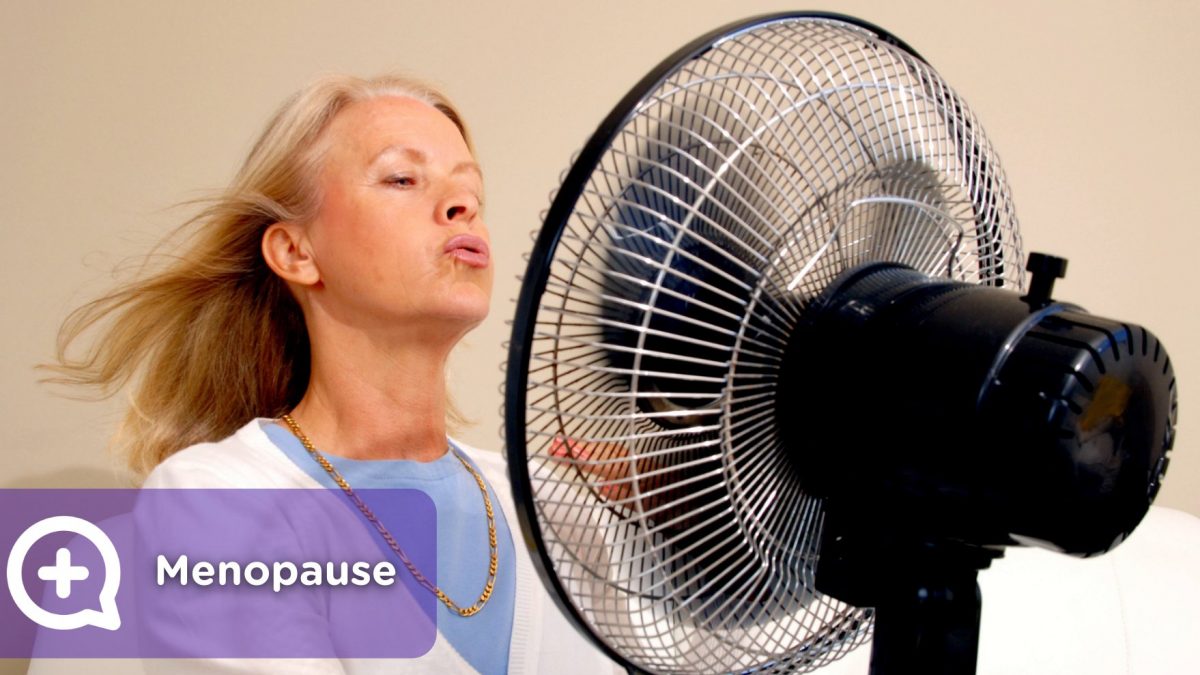Do you identify with this image? When many women turn 45 years of age, they begin to realize this idea: menopause will arrive at any moment. Negative thoughts will invade your head, but keep calm! All of us have gone through it or will go through the same. What is most important is not to worry but to occupy yourself: it is very important to know the changes that your body will experience in order to avoid problems and improve your quality of life.
Menopause marks the end of the ovulation cycle and the period of adult life of a woman who does not have regular periods. It usually occurs between 45 and 55 years and is a biological period in which the ovaries reduce the production of sex hormones (estrogen and progesterone). Menopause does not happen overnight, you will experience changes in your body that are anticipating it’s arrival. This period is called climacteric and you should pay attention to some of these signs and symptoms:
- Irregular periods
- Heat, hot flashes
- Insomnia
- Vaginal dryness
- Changes in humor
- Weight gain
- Less amount of hair
- Greater facial hair
- Loss of bone mass
It is not a disease
Menopause is a natural process that you cannot avoid, but you can alleviate and prevent your symptoms. This will greatly improve your quality of life, your acceptance and the happiness from the vital moment that you take initiative.
Hormonal therapy
Hormonal therapy is the most used. It tries to compensate for the lack of production of estrogen and progesterone and is the most effective option to relieve hotness or hot flashes, to prevent the loss of bone mass or to sleep better. But you should always consult with your doctor, who will adapt the treatment to your needs. Vaginal estrogen is also commonly used to relieve vaginal dryness and improve sexual intercourse. It can be administered orally or topically.
Finally, here are tips that will contribute to your general well-being and may increase your quality of life.
- Quit smoking
- Avoid excesses (fats, alcohol, coffee)
- Maintain a balanced diet. Soy seems to have a pretty modest benefit over hot flashes, but the studies are inconclusive
- Exercise regularly
- Sleep
*Content validated by the medical team of mediQuo.



